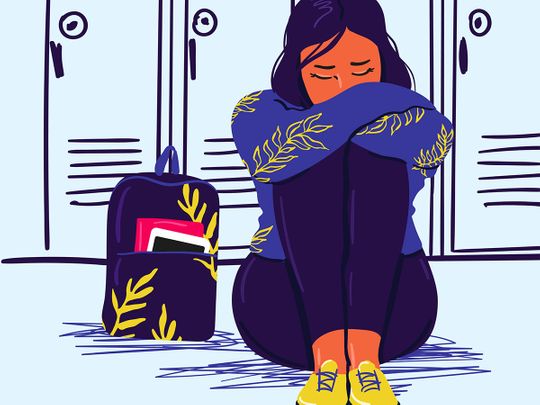
The World Health Organisation (WHO) called attention to depression in children and teenagers through a social media post, on Monday.
The post said: “Growing up is full of changes - like starting school, going through puberty, and preparing for exams. For some children, changes like this can cause stress and depression.
“If you think your child might be depressed, talk to them about how they’re feeling. And don’t be afraid to seek professional help.”
It added on its Facebook account that it’s common for young children to experience emotional problems.
Other things you should know if you have young children, as per WHO:
- A headache or stomach ache, persistent crying or difficulty being away from you can be signs of an emotional problem.
- Loss of interest in play, irritability and difficulty concentrating are other signs.
- Depression, however, is rare about young children.
The post went on to address signs of depression in the case of older children or teens, which it said is “quite common.”
Signs include:
- Persistent sadness or irritability
- Difficulty in carrying out daily activities
- Loss of interest in activities that they normally enjoy
- Withdrawal from others
- Feelings of worthlessness or guilt
- Fatigue
- Restlessness
- Difficulty concentrating
- Changes in appetite or sleep patterns
- Taking risks they wouldn’t normally take
What you can do
WHO recommends the following tips if you see signs of depression in your child:
- Talk to your child about how they’re feeling and whether anything’s worrying them.
- Pay particular attention to their well-being during life changes such as starting a new school or puberty.
- Encourage your child to get enough sleep, eat regularly, be physically active and to do things they normally enjoy.
- Spend time with them.
- Speak to people you trust who know your child, to see if they’ve noticed anything that might be worrying them.
- Ask your healthcare provider for advice. Don’t delay getting in touch if you are worried.
- Protect your child from situations where they may experience excessive stress, maltreatment or violence.
- If your child has thoughts of self-harm or has already self-harmed, seek help from the emergency services or a health-care professional. And remove objects such as medicines and sharp objects from his or her vicinity.








